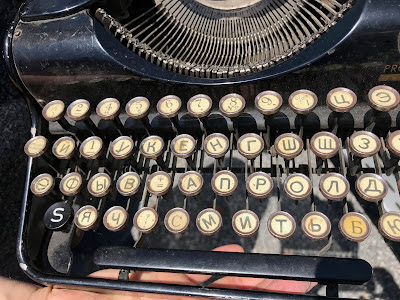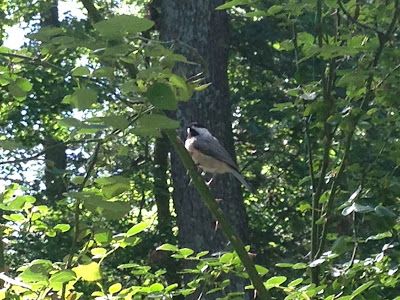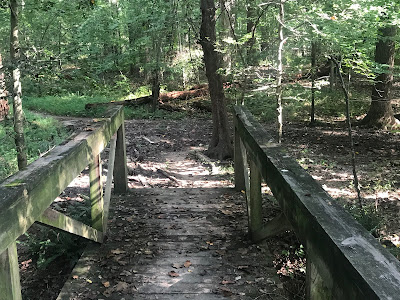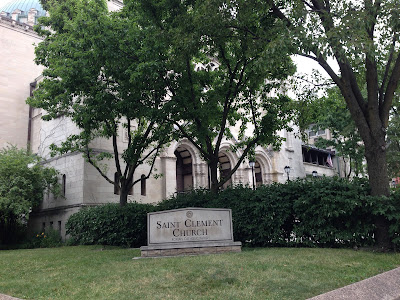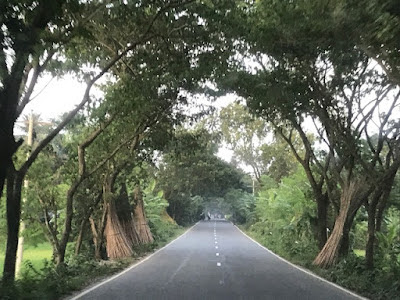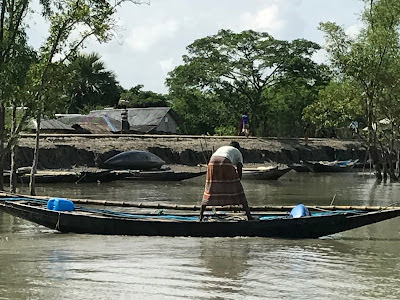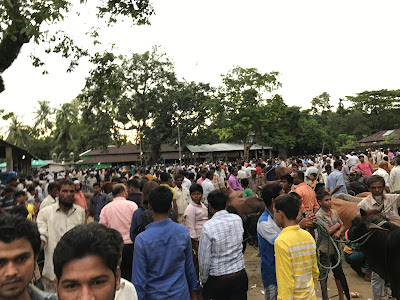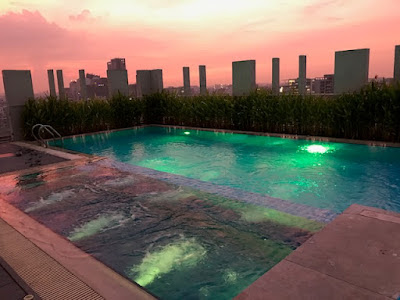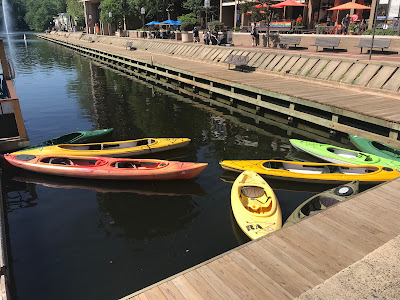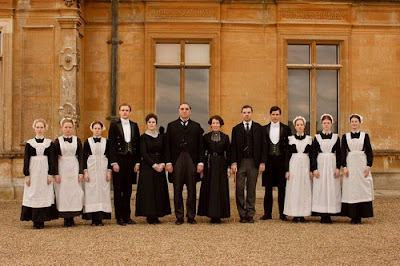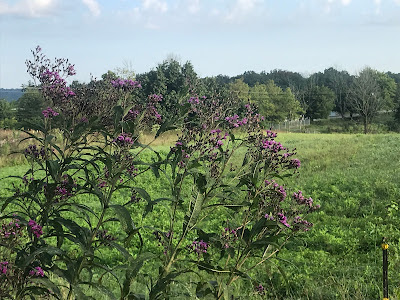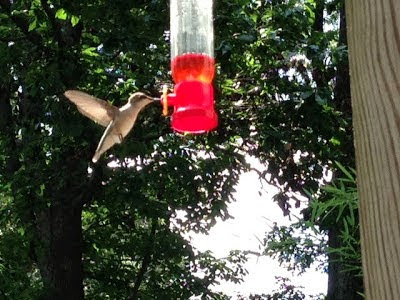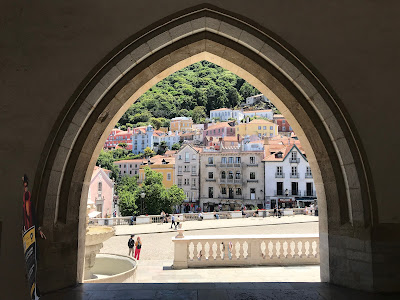The Nature of Labor
On this first Monday in September I’m thinking of a day long ago when I had a deadline to meet at the same time as the neighbors next door were having a screened-in porch added to the back of their house. While I’m sure there was prep work, in memory it seems as if the thing went up in a day, a week at the very least.
While the hammers pounded, the nail guns added their one-two punch. There was shouting, laughter, the dull thud of two-by-fours being laid in place. Every so often I would lift my head from the keyboard to monitor the progress.
By dinnertime the porch was framed: an outside room, a place that hadn’t existed that morning. I glanced at my screen, at the words I’d cobbled together during the same nine or ten hours.
Surely we had all been building something that day, the workmen and I. Surely we had all been laboring. But at the end of the day they had something tangible to show for it … and, unless I printed a draft, I did not. Writing is a strange occupation. But I can’t imagine another one.
